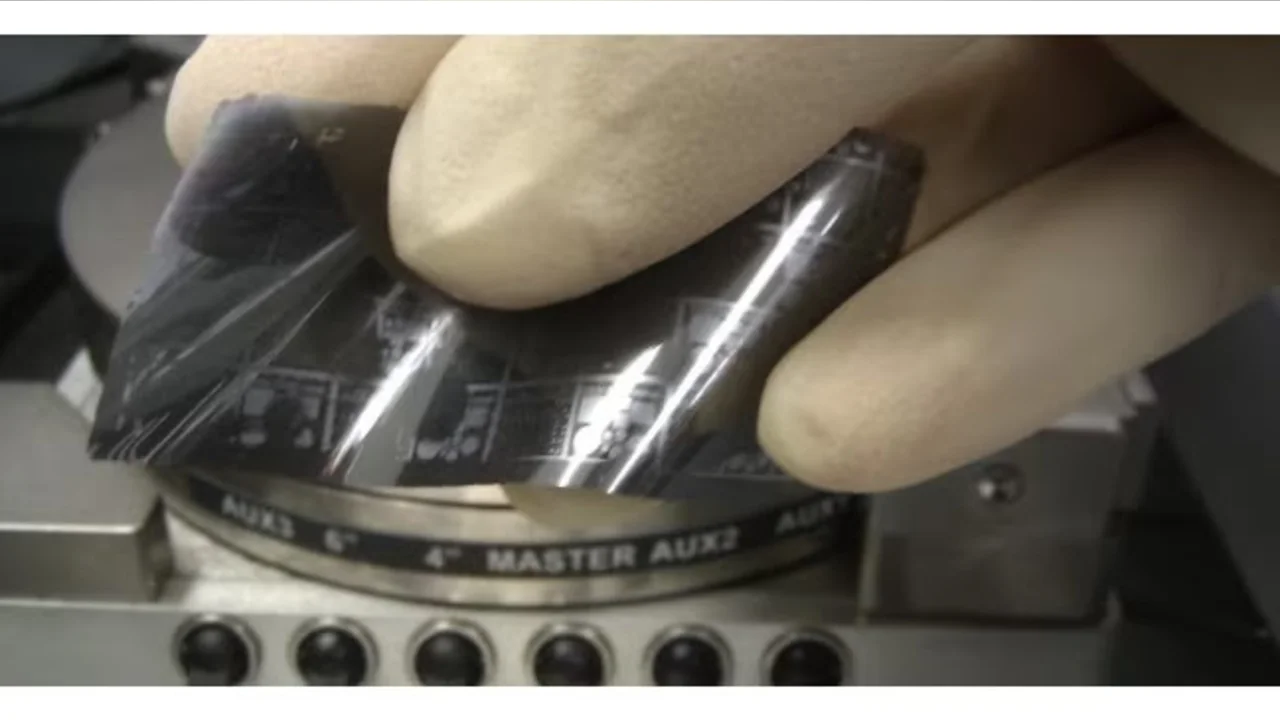
Bent, but not broken
Bendable electronics could help make robust wearable devices that can continuously monitor a person’s health.
About
Effective wearable technology to monitor health indicators is a step closer after KAUST researchers developed flexible electronic circuits that continue to work even when bent and folded like a thin piece of paper.
While there has been rapid progress made in flexible electronics, the challenge remains to find suitable materials that retain excellent electrical performance even when bent or strained. Most electronic devices are currently based on silicon, which has excellent electrical properties as well as being abundant and cheap. However, silicon’s usefulness is limited because it is unyielding and brittle.
Muhammad Mustafa Hussain from the Division of Computer, Electrical and Mathematical Science and Engineering and colleagues have now designed a flexible electronic circuit which keeps functioning even when bent sharply many times. Their approach was to first create the electronic components on a conventional silicon substrate and then show how these can be transposed onto a more malleable substrate.
Hussein explains that bendable circuits have many potential uses — such as devices that could be attached directly to the skin to continuously monitor a patient’s pulse, blood pressure or blood glucose level, negating the need for needles or finger pricks. A device’s reliability, however, is compromised by repeated flexing of the circuit. “The finger joint and the shoulder have different bending radii and, in the case of the jaw, a flexible device bends many times as we talk and eat,” says Hussain.
Read the full article